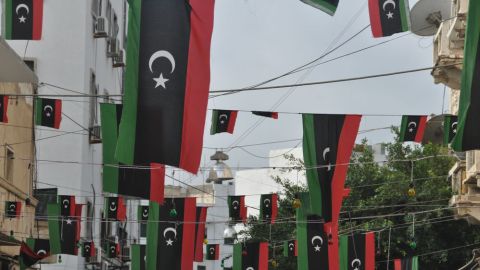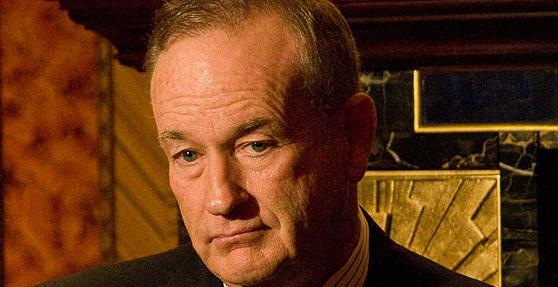Doctors In The Arab Spring Caught In The Crosshairs

What is the Big Idea?
An orthopedic surgeon was abducted by masked security forces from his operating room. He was tortured while detained in Bahrain.
Gaddafi’s soldiers held an anesthesiologist in a shipping container for two weeks. He saw soldiers execute five other captives.
A young medic in Cairo was shot by an Egyptian military sniper while he was trying to help injured protesters.
Officers detained and tortured a Syrian doctor in Homs while he was providing medical supplies to protestors.
Why is this wave of violence against doctors suddenly sweeping the countries in the Arab Spring?
Richard Sollom, deputy director of Physicians for Human Rights, answers this question in his commentary in the Global Post. He cites impunity, a fallout from the Arab Spring, as one reason.
“Security forces in this region have license to commit violations of medical neutrality in a climate of utter impunity,” Sollom writes. “Armed forces, whether military or police, are not held to account for their abuses. No government in the aftermath of the Arab Spring has yet to bring charges against any law enforcement official for killing or torturing a physician.”
What is the Significance?
Medical workers are often treating civilians who were tear gased or tortured by the government. These workers become vulnerable targets because they can identify the cause of injury.
“State authorities target these neutral caregivers to silence them,” said Sollom. “It’s the mafia equivalent of whacking a critical eyewitness.”
The government is also trying to send the message that medical workers need to stop healing those who oppose the government. “This strong disincentive, though, has failed to dissuade many courageous physicians who adhere to their ethical codes and continue to save lives. Both during civil war and civil unrest state authorities violate medical neutrality as a means to discourage medical personnel from providing life-saving succor.”
There are codes in the World Medical Association, the Geneva Conventions and international human rights treaties that reinforce medical neutrality, which safeguards:
• Protection of medical personnel, patients, facilities and transport from attack or interference
• Unhindered access to medical care
• Nondiscriminatory treatment of the sick and wounded
In some instances, perceived activism among medical workers is a justification for government intervention, said Sollom. Four dozen health professionals in Bahrain currently face up to 15 years in prison for treating protestors.
To address the issue of medical neutrality globally and thwart future attacks on doctors by rogue governments, congressmen Jim McDermott and Walter Jones introduced the Medical Neutrality Protection Act of 2011. This bill makes the protection of medical personnel a global policy priority for the US government and establishes accountability for violations of medical neutrality. The law would require the Secretary of State to compile a list of governments that violate these international norms and impose sanctions on the sale of military equipment to these countries and visa bans for individual perpetrators.
“H.R. 2643, along with a future companion piece of legislation currently being ironed out in the Senate, is a good start to highlighting and preventing the spread of such egregious attacks against medical workers,” said Sollom.
Image courtesy of rm/Shutterstock.com.





